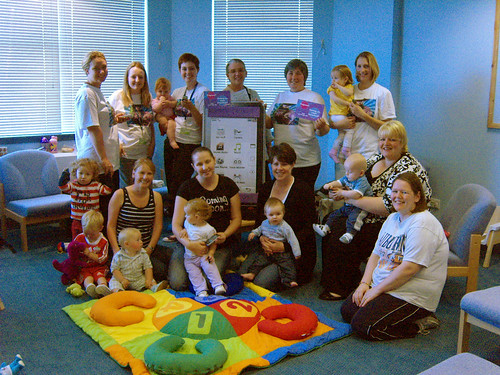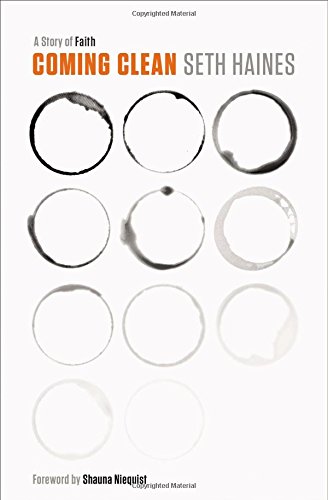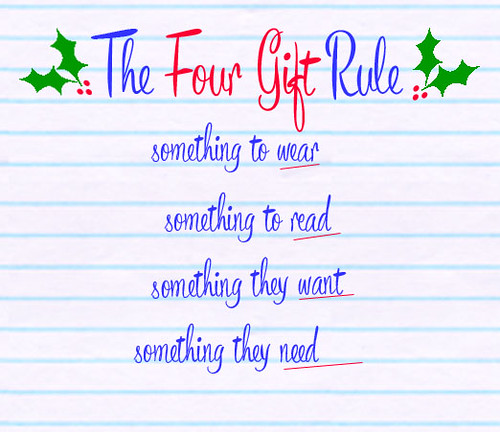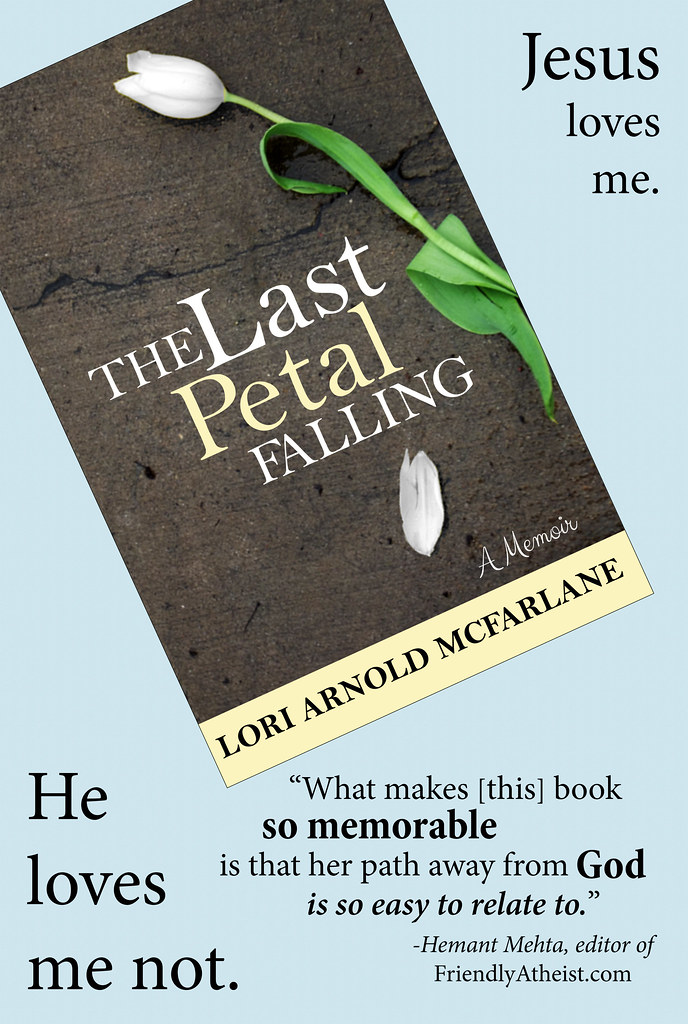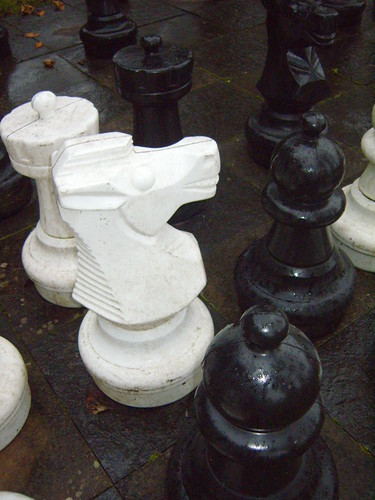The $25k Nose Ring
The Post That Poses the Risk of My Parents Not Talking to Me For the Next Six Months
Nothing Good Happens After Midnight
My Cosmic Boyfriend
I feel like I should take a vote on which title works best.
 |
| Twenty-two year old Lori wearing a really expensive nose ring |
Tonight, I'd like to start with a little story. Follow me on this journey back to 1997, when I was 15 years old.
I wanted a nose ring so bad, but I was 15 so my parents justifiably said Not A Chance, You Have Enough Holes In Your Head, that sort of thing. So I bought myself a little magnetic nose ring that looked like a stud on the outside and had a magnetic backing that went inside the nostril. I looked hip AF, y'all.
Until that fateful afternoon, while taking a test in Mrs Norman's AP English class, when I sniffed too hard and sucked the magnetic backing all the way up my nostril. I began to snort and sputter in the middle of a silent testing classroom atmosphere and became the sudden object of everyone's delighted interest. It was certainly more interesting to watch me hyperventilate than to answer essay question's about Young Goodman Brown, but I did not look very hip that day.
I still wanted a nose ring though. I went away to college and met the coolest girl ever one Sunday at church. Her name was (and still is, presumably) Kanyon. She was a year or two older than me and had the most adorable silver hoop in her nose. I knew then that it wasn't a stud I wanted in my nose but a hoop like Kanyon's. (I'm willing to bet Kanyon is probably still one of the coolest girls alive, wherever she is.)
But I was 18 or 19, and my parents said No Way, You'll Look Like a Bull, And Besides, If You Pierce Your Nose We'll Stop Paying For Your College, that sort of thing.
But I still wanted that nose ring. One afternoon, my college BFF Amanda and my roommate Jonathan decided they were going to get pierced. Amanda wanted an eyebrow ring and Jonathan wanted a double helix. I accompanied them to get their piercings and was green with envy. I wanted my nose done so badly!
A few days later, just around my 20th birthday, I got to chatting about wanting a nose ring with my friend Amber after our poetry class. (I'll always remember her beautiful poem about artichoke hearts. No seriously, it was beautiful.) She was like, "Let's go do it for your birthday!" and I was like, "Okay let's go do it!" So Amber and I went to get my nose pierced.
I LOVED it.
Guess who didn't love it though? My parents. They said You Look Like a You Got A Fish Hook Stuck In Your Nose and By the Way We Are Going To Stop Paying For Your College Because We Warned You And Now We Have To Be Consistent Because That's What Good Parents Do.
And y'all, they did.
(Are you starting to catch on to some of my potential titles now? The $25k Nose Ring.)
That was my sophomore year of college. The following two years were suddenly entirely up to me to finance. So I did. I increased my student loans to the max. I got two jobs, one working at JR's Lightbulb Club and Dickson Theater as the door girl and one working for the University of Arkansas Development Office. (It was while working in development that I had my first experience with the professional implications of having a body piercing. I was originally asked to take it out since I'd be interfacing with major gift donors, but after sharing my story with the Vice Chancellor of Development, she agreed that it was indeed a pricey piece of jewelry and settled with me changing it out for a stud.)
Let's journey through the remainder of my 20s and into my mid 30s, back to the present. I've been paying off these student loans for fifteen years, which by the way, is nothing compared to what students only five or so years after me began looking at. The kids who came up behind me have gotten royally screwed on college tuition. Anyway, here I am, 35 years old, still wearing my nose ring and still paying off my student debt. But there's a happy ending to this story. I looked up my loan repayment plan a few weeks ago and discovered that I only have THREE months left before my student loan is entirely paid off!
By the end of 2017, I will have officially paid off this nose ring. And you know what? I'm still going to wear it. Because I LOVE it. Even if I do Look Like a Bull or a Hooked Fish or a Jezebel or Oh I Don't Know, Rebekah By the Well?
 |
| Thirty-five year old Lori still wearing a really expensive nose ring |
Okay now. I'm going to get a little more serious now. In telling that nose ring story I had another purpose. One less jovial.
I'll tell another story briefly. Journey with me back to the end of August 2017. (Yeah, like two weeks ago.) On August 29th, I got in a car accident, a hit and run, and my brand new car, only purchased two weeks prior, got smashed on the driver's side, and though I was mostly uninjured, it has caused me a lot of pain and angst over the past week. Meanwhile, Hurricane Harvey was in the process of devastating Houston, Beaumont and many other parts of Texas. I was in the process of raising money for the Red Cross's response to the hurricane, which was the worst hurricane to hit landfall in over a decade, and the largest natural disaster the Red Cross has ever responded to. The car accident was really bad timing, meaning for the week that followed, I was unable to do my job effectively during an extremely crucial time. Yesterday was the first day I felt fairly normal again, despite the pain.
Today, barely a month later, Hurricane Irma swirls and heads for the continental US (and has already decimated small Caribbean islands in its path), and many of us at the Red Cross are gearing up for more disaster deployments, including myself. I've been doing everything possible to get my pain under control and get my work taken care of so I can be ready to go if or when they give me my 24 hour notice. Being a single mom now, that's no easy uncertainty to plan for. (Giving a shout out to Scott and my mom right now for both being extremely flexible with me right now regarding the children!) Amidst all of this though, and after an extremely draining day of work, I witnessed a car accident on my way home this evening right in front of me on the same freeway my accident occurred on just last week. I was one car behind the accident, and the thought of almost being in a second accident within ten days of each other has left me terrified to get behind the wheel again. What is this, Final Destination? Is death following me now?
That's the joke I made to my mom on the phone tonight. But her response wasn't so flippant. "No, this is God trying to get your attention. He's saying, 'I've been wrapping on your door for a long time, and you haven't been listening!'"
Of course I know where she's coming from, and I know she made this comment with the purest of intentions. I know she's only concerned for my eternal security. (And let me say again, she's being so helpful with childcare! This is The Post That Poses the Risk of My Parents Not Talking to Me For Six Months. I'm treading on thin ice here by posting this. I'm cruisin' for a bruisin', I'm itchin' for a switchin'.) But if she's right, does God really have such terrible timing? I mean, car accidents and deployments and devastating natural disasters, oh my! Is all of this necessary to just get my attention?
I mean, I guess he could he have just revealed himself to me six years ago when I begged and pleaded and cried out to him for faith. But maybe that wasn't part of his divine plan.
It's past 1pm now. Hence Nothing Good Happens After Midnight. I have this theory that nothing good happens after midnight, and that goes for blogging. I tend to lose my filter after midnight, tend to make less than prudent decisions, sometimes say or do things I wouldn't do before midnight. So I need to be careful what I say here. I used to feel more free to talk about my lack of faith in any religion or gods, but that was before I realized just how badly being an atheist can damage my credibility or even my career. (However, I continue to be open about my beliefs, or lack thereof, because I just don't see why anyone should have to hide who they are, particularly because of what religion they are or aren't. If other people are allowed to speak freely about their faith, surely the faithless should have the same opportunity to speak freely? But now I've just chased a squirrel. Coming back now.)
Back to the divine plan. I just don't understand this logic at all, of why God would need to send bad things my way in order to get my attention. I don't think I really understood it as a Christian either. Why would God need to use grandiose overtures to entice me back into the fold? Can't he just do it the normal way? I spent three years begging him to restore my faith. Was there any reason he couldn't have done it back then? Maybe there is some kind of super special glory he'll get from refusing to answer my cries for three years, leave me to become an atheist for three years, then suddenly hit me with a car accident (and the threat of another) in order to bring me back to him. In the midst of hurricanes, no less.
I just don't get it. This accident kept me from being able to really do my job well during the most critical week of my professional career thus far, and more importantly, during a time when thousands of people are hurting and really need as much relief and support as possible and would benefit from me and all the rest of the Red Cross family being at our best for them. Just seems kind of --- mean.
So I'll assume for a moment the existence of God - the Christian God - is a given. And that he is trying to get my attention so he can save my soul. Because he loves me, right?
But wait, did he not love me six years ago? When I was in a place of being open and receptive to his existence and influence? Why wait until now? For whatever reason though, he loves me now and only wants to save my soul from eternal damnation.
Which he designed.
As punishment for not having faith in him.
Faith which he alone gives or withholds.
He wants to put me in dangerous and precarious situations in order to scare me into faith so he can save me from the punishment he designed for me should I not get scared enough to find faith in him that only he can give anyway. I just don't get it.
Let me take you on one last journey. This is into a hypothetical, nonexistent time in my past. Maybe it's an alternate reality. Anyway, in this parallel, not-real universe, I was dating this guy who really, really loved me. But he had this propensity for constantly testing my love for him in return. He would tell me bad things about myself but remind me that he loved me so much, he could fix those bad things and make me better. I knew he was right; I was pretty shitty, but wow, the way he could fix all those shitty things about me was inspiring! He would also sometimes put me in danger - but never real danger, because he was looking after me the whole time - to see if I could really trust him enough to take care of me. And every time he did that, I really did come out safe in the end, and he really did use that to prove how much he loved me and would always save me from harm. I was so in love with this guy, and he was so in love with me back.
There were some hard times. He often gave me the silent treatment. I was never entirely sure if it was because of something I'd done wrong or if he was just trying to test my love again. Most of the time he'd eventually break the silence, but not until after I'd begged and cried and pleaded with him with all my might. Then he would soften, lift me up off my knees, and hold me. It made everything okay again when he did that. I knew he loved me. This guy, y'all, was the most loving, perfect boyfriend I've ever had. His name was Jesus, and he was My Cosmic Boyfriend.
Oh, did I say this was a nonexistent, hypothetical scenario? I apologize. It wasn't.
My Cosmic Boyfriend ultimately wanted to save me from eternal ruin. He always knew what was best for me, despite my own petty desires. Kind of like when I was 15, and my parents understandably felt that getting a nose ring was not appropriate for me at that time. My Cosmic Boyfriend threatened me with hell if I didn't obey him. My parents threatened me with no more college tuition. My Cosmic Boyfriend needed to be consistent with his word, just like my good old mom and dad. He had threatened me with hell, so he kind of had to go through with it at that point, since he'd already said it and all. Consistency is key.
The story of my nose ring and my parents is kind of funny to me, in a OMG I Still Can't Believe They Actually Went Through With It kind of way. It's funny to me in a This Is A Great Story To Tell At Parties kind of way. And though it had some long-standing, less than humorous ramifications - fifteen years of student loan repayment during the brokest years of this millennial's life - it's really in the grand scheme of things not the worst a child should have to endure. A punishment, yes, but nothing serious.
Not like the eternal punishment of hell for not being able to force myself to believe in something I simply could no longer believe in, no matter how hard I tried. We aren't talking fifteen years of faith repayment, but an eternity. In hell of all places.
For all the joking about my parents and the nose ring, I know how much my parents love me. They have always protected me and wanted what's best for me. They went over and above to make things happen for me all through my childhood that they certainly were not required to do, just because they loved me. They provided for me, they kept me out of danger, they played the tricky tightrope of letting me learn from my own mistakes while always being ready to catch my fall. They never tested my love for them, because that would never have even occurred to them. They loved me unconditionally. They have always loved me without reserve, even now, as the atheist daughter, the One That Turned Away, the one that breaks their hearts daily as they fear for my soul. I don't fault my mom at all for how she perceives the events of the past few weeks; she loves me and wants me to see the God she sees and at the end of the day, she only wants to see me there.
My earthly parents get what love is. My Cosmic Boyfriend, not so much. If My Cosmic Boyfriend was a regular human boyfriend, everyone I know would be begging me to leave him and escape our abusive relationship. But since he's Cosmic, his ways are higher than my ways, and trying to get my attention with car accidents and hurricanes is no different than pulling my ponytail and tying my shoe laces together. Harmless boys-will-be-boys pranks. It's all just meant to show me he likes me after all. And it's all just meant to save me from the eternal ruin he has planned for me if I don't return his phone calls or agree to wear his ring. True love, right? The stuff of Disney princesses.
I just don't think that's the kind of love I deserve. I think I deserve better. If my parents know it would be cruel to orchestrate a car accident or a hurricane in order to get me to answer the door, surely an omnipotent, loving God would see the cruelty in that too. It might have been a cute story if he just made me take out a few loans to pay for the sin of disobedience, but the story becomes not quite so cute when you realize the wages of sin is death and his punishment of choice is eternal damnation.



